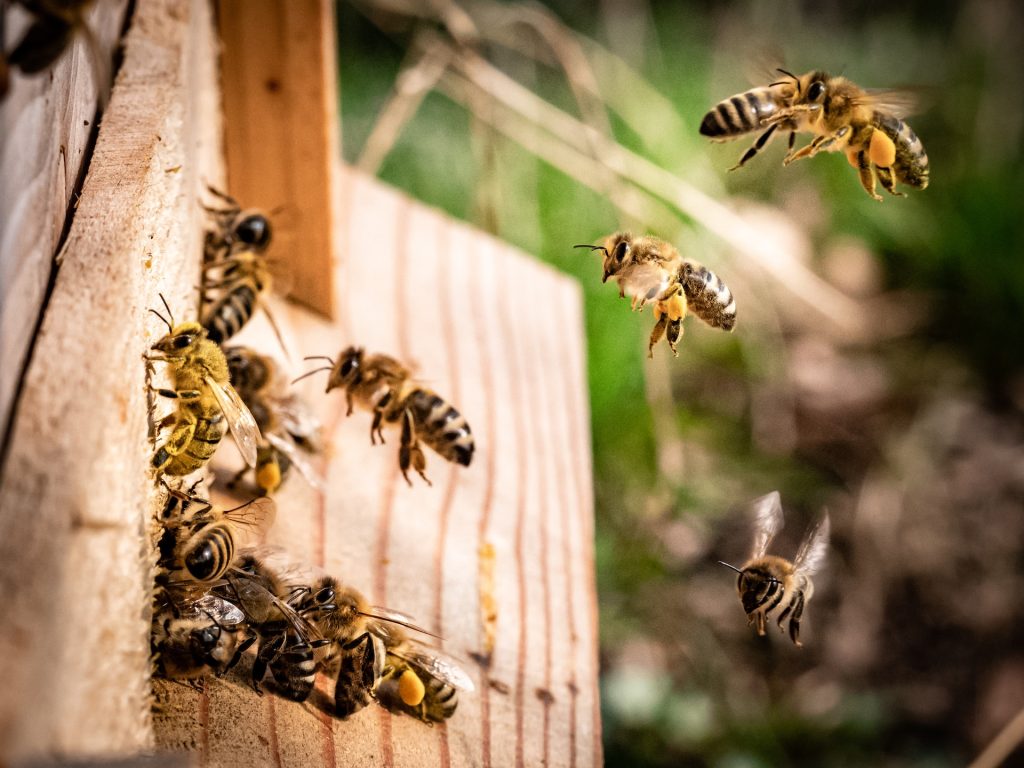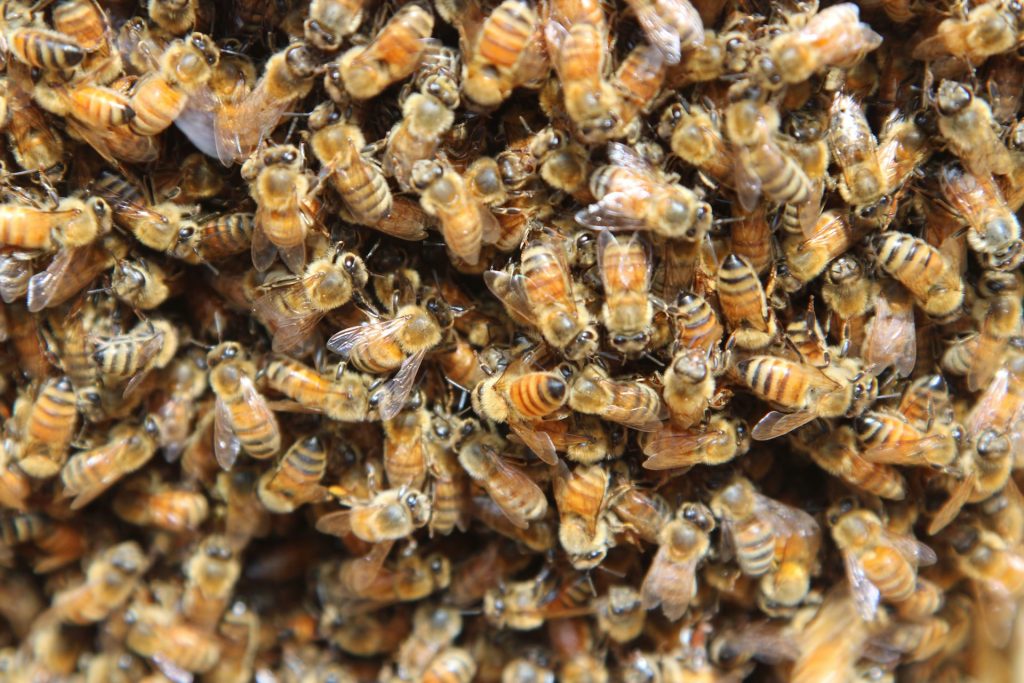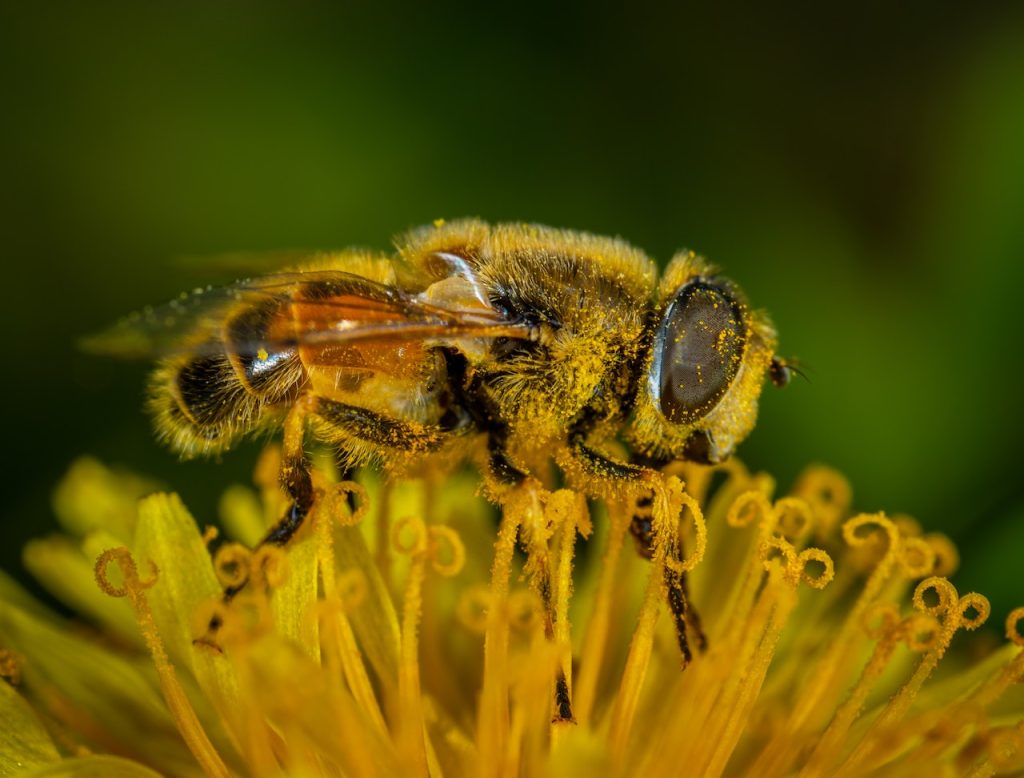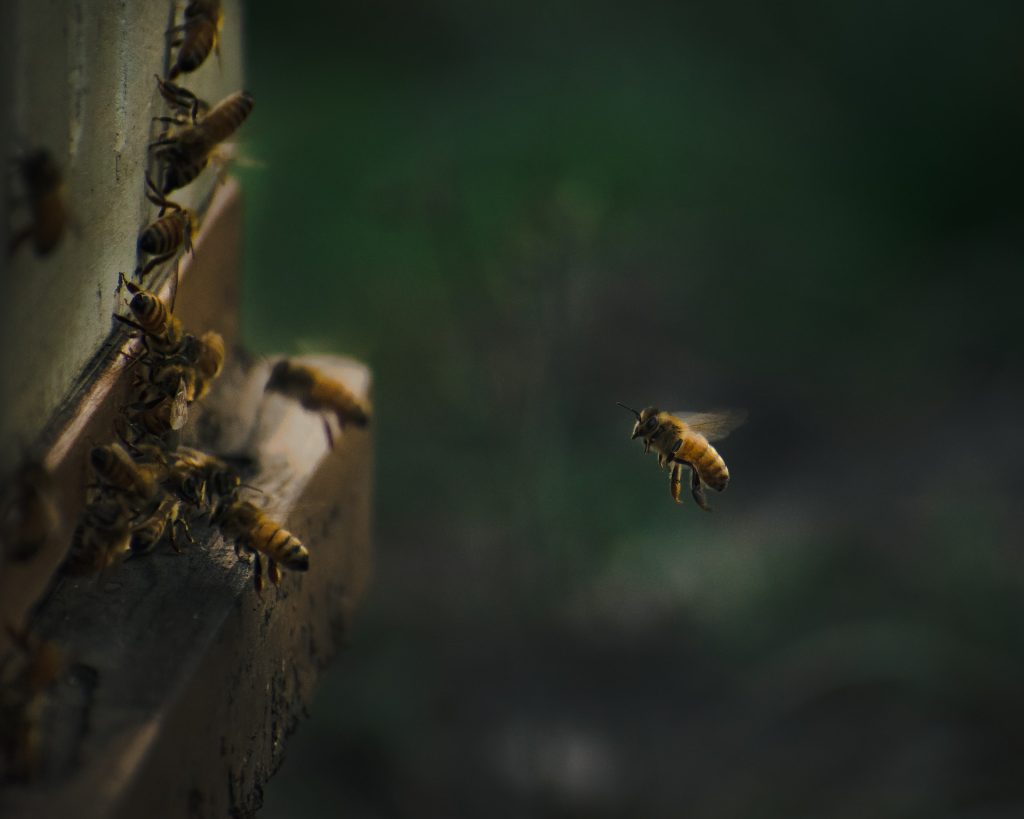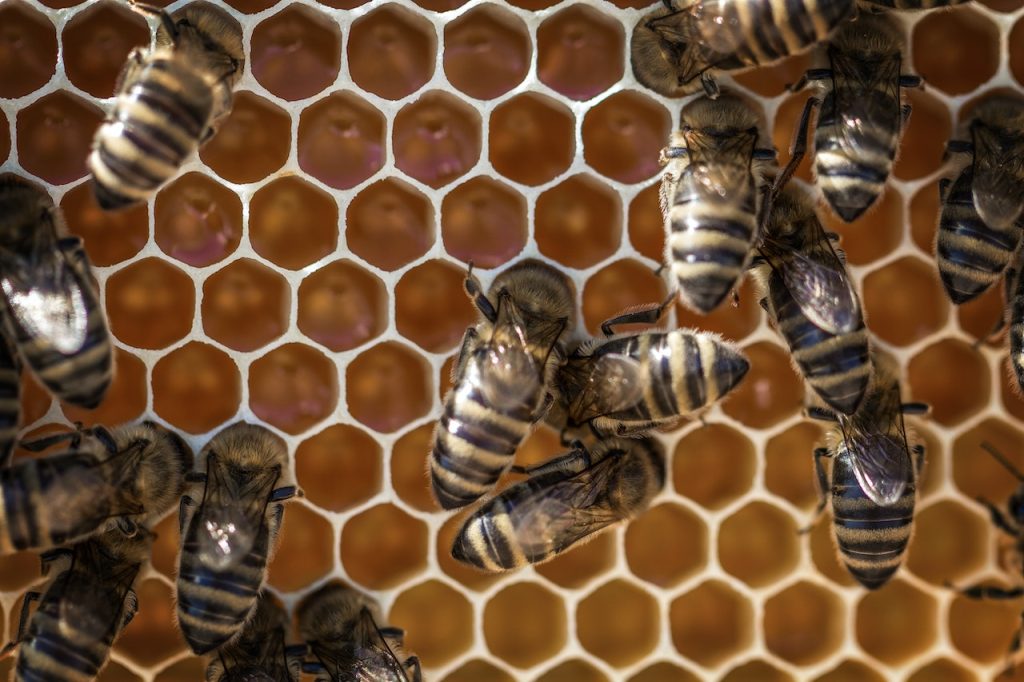The Environmental Impact of Pesticides on Bees and Other Pollinators ===
Pesticides are essential for our agricultural systems to produce enough food to feed the world’s population. However, their use contributes to the decline in bee and other pollinator populations. Bees and other pollinators are crucial for the environment, and their decline affects us all. This article provides insight into the environmental impact of pesticides on bees and other pollinators, highlights their importance and the devastating effect of pesticides on their populations. Finally, it suggests alternatives to pesticides and ways to support pollinators.
The Problem: Pesticides and Pollinators
Pesticides are chemicals that kill pests, and they are used to protect crops from insect damage. However, these chemicals do not only kill pests; they also harm bees and other pollinators. Pesticides can contaminate nectar and pollen, which bees feed on, leading to their death or weakening their immune system, making them more susceptible to diseases.
Why Bees and Pollinators Are Crucial for the Environment
Bees and other pollinators are crucial for the environment. They are responsible for pollinating approximately 70% of the world’s crops, including fruits, vegetables, and nuts. Without bees and other pollinators, our food production would be significantly reduced, leading to food shortages and price hikes. Additionally, they play a crucial role in maintaining the biodiversity of our ecosystem, ensuring that plants and animals thrive.
The Devastating Effects of Pesticides on Bees and Other Pollinators
The devastating effect of pesticides on bees and other pollinators is clear. Since the introduction of neonicotinoid pesticides in the late 1990s, bee populations have dramatically declined. These pesticides attack the nervous system of bees, causing disorientation, paralysis, and death. Additionally, pesticides contribute to the decline in other pollinator populations, such as butterflies, moths, and hoverflies.
What We Can Do: Alternatives to Pesticides and Supporting Pollinators
There are alternatives to pesticides that can protect crops without harming bees and other pollinators. One of these alternatives is integrated pest management, which involves using natural predators, crop rotation, and other sustainable agricultural techniques. Additionally, supporting pollinators through the planting of bee-friendly flowers and creating habitats for them can help to boost pollinator populations.
In conclusion, the environmental impact of pesticides on bees and other pollinators is severe, and it affects us all. By understanding their importance and the devastating effects of pesticides, we can take action to support pollinators and protect our environment. We can use alternatives to pesticides, support pollinator habitats, and educate others about the importance of pollinators. Together, we can make a difference and ensure that bees and other pollinators thrive in our ecosystem.

